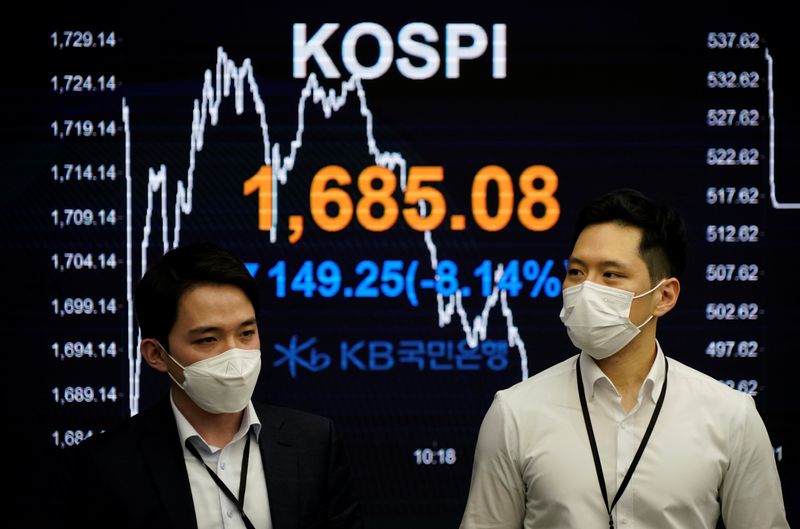How are energy investors positioned?
Investing.com-- Asian stock markets traded mixed on Friday amid growing concerns over U.S. trade tariffs ahead of a key deadline, while South Korean shares fell sharply after the government unveiled plans to raise taxes on corporations and stock investors.
Investor sentiment was also shaped by a series of regional economic releases, including manufacturing activity surveys from China and Japan, South Korea’s latest trade data, and Australia’s second-quarter producer price figures.
Wall Street ended broadly lower on Thursday as investors assessed a fresh round of economic data and corporate earnings, including results from Apple (NASDAQ:AAPL) and Amazon (NASDAQ:AMZN).
U.S. stock index futures also edged down in Asian trading on Friday, extending the cautious mood.
Trump intensifies tariff action before deadline
President Donald Trump on Thursday intensified his tariff action by signing an executive order, introducing steep “reciprocal tariffs” on imports from more than a dozen countries ahead of an August 1 deadline.
Tariff rates range from 15% on South Korean goods, to 20% on Taiwanese exports, 19% on Thai exports, 25% on Indian exports.
In a separate order, Trump raised tariffs on Canadian goods to 35% from 25%, citing Canada’s insufficient efforts to prevent fentanyl shipments from entering the U.S.
Investors remained cautious amid fears of supply chain disruptions, weaker export demand, and potential retaliatory measures.
The fragmented structure of the tariffs meant markets responded differently depending on each country’s trade exposure and product mix, leading to mixed moves in Asia.
Japan’s Nikkei 225 traded 0.4% lower, while the broader TOPIX index rose 0.4%.
Singapore’s Straits Times Index edged 0.3% higher, while Australia’s S&P/ASX 200 dropped 0.8%.
Chinese markets were muted on Friday after sharp losses in the previous session. The Shanghai Composite index was little changed, while the Shanghai Shenzhen CSI 300 tarded largely flat.
Hong Kong’s Hang Seng index was also unchanged on Thursday.
Futures for India’s Nifty 50 were largely muted on Thursday, while Malaysia’s KLCI index jumped 1%.
South Korea stocks slump on govt’s plan to hike capital gains tax
In Seoul, the KOSPI index dropped more than 3% as new finance ministry proposals revealed plans to increase both corporate income and investment taxes.
The top corporate tax rate would rise from 24% to 25%, and all corporate tax brackets would increase by one percentage point.
Securities transaction tax would go up to 0.05% on KOSPI and 0.2% on KOSDAQ. The capital gains tax threshold for major shareholders would be lowered sharply from 5 billion won to 1 billion won.
These measures aim to restore public revenue lost amid two years of slowing growth and tax cuts by the previous administration.
Asia data barrage: Japan, China PMIs; Korea trade; Australia PPI
China’s manufacturing sector unexpectedly shrank in July, as a drop in export orders and weak domestic demand weighed, the S&P Global PMI data showed on Friday.
In Japan, the S&P Global survey revealed that Japan’s manufacturing activity contracted in July, reversing the brief stabilization seen in June, due to sluggish demand.
Meanwhile, South Korea’s exports rose for a second month in July, driven by strong chip demand and front-loaded shipments ahead of U.S. tariffs.
In Australia, data showed that producer prices rose below forecasts in the second quarter, with annual price growth easing to its slowest pace in nearly four years, keeping bets alive for another rate cut by the Reserve Bank of Australia.
